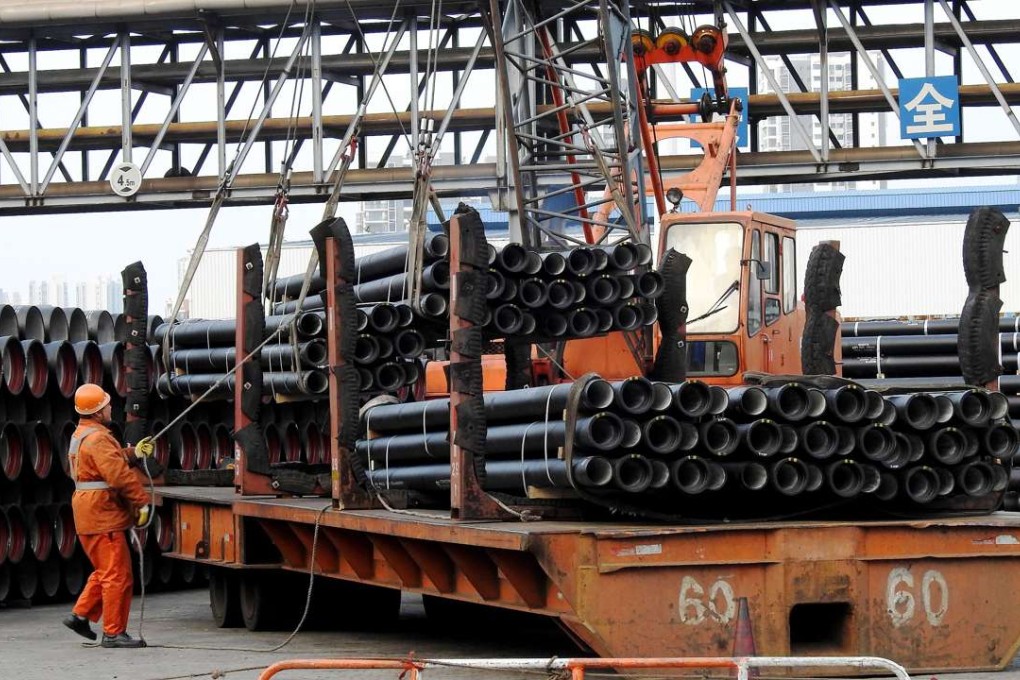TPP’s downfall ‘could put brakes on reform in China’
Beijing will be under less pressure to make painful domestic changes, analysts say

The demise of the US-led Trans-Pacific Partnership (TPP) could inject momentum into China’s proposed trade pact, but it might stall needed reforms, observers said on Tuesday.
The Pacific Rim trade agreement, which excludes China, was promoted as a way to foster fairer and freer trade, with provisions for labour and environmental protections.
The scale of the pact was expected to put external pressure on Beijing to lift its own standards.
But US president-elect Donald Trump’s announcement this week that the US would pull out of the TPP could embolden China to remain assertive in areas such as cyberspace control and state intervention in the economy, analysts said.
WATCH: US president-elect Trump announces he will cancel the TPP agreement